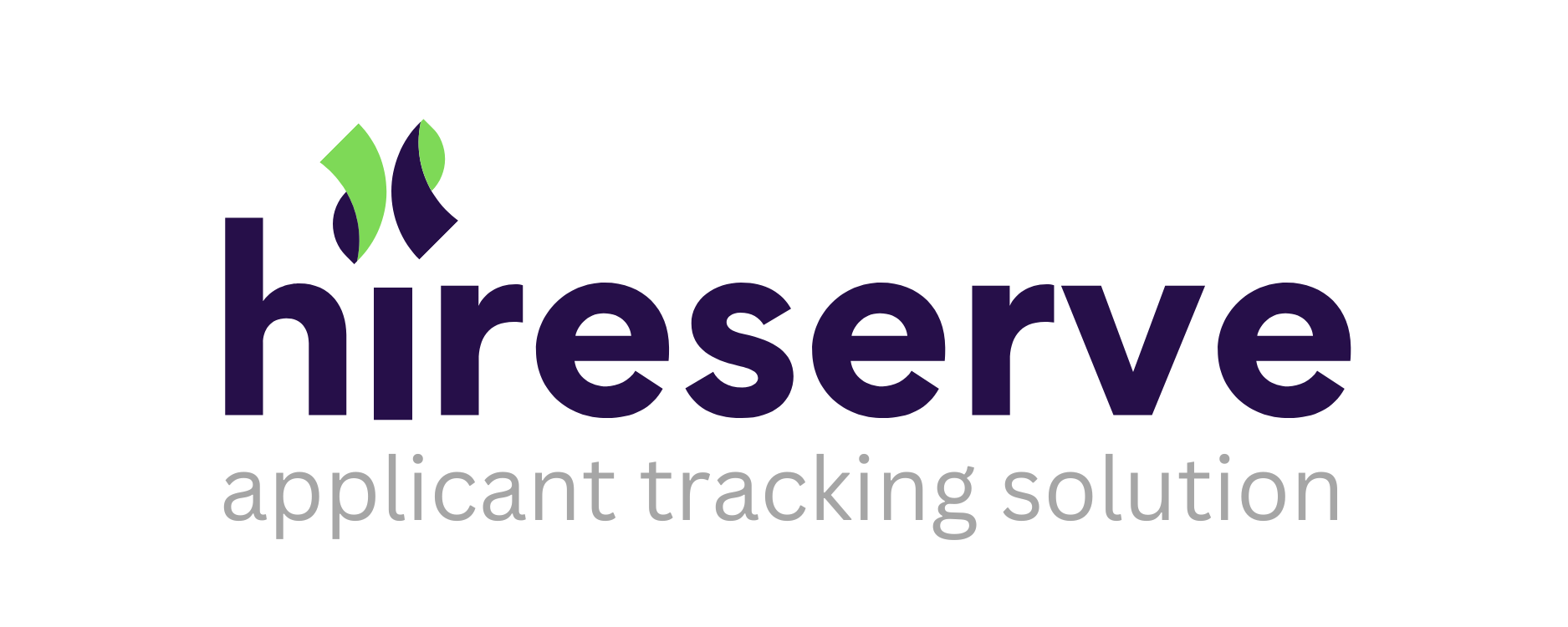Recruitment teams are in many ways responsible for the makeup of the workforce – they bring in the people who will create the company culture, who will contribute to the innovation of what an organisation has to offer customers, and if retained, make their way through the leadership ranks.
However, there has been growing concerns around this final point. Many people find themselves in management, and even leadership positions by accident.
A recent survey of more than 4,500 workers and managers by the Chartered Management Institute, conducted by YouGov, found that 82% of those who enter management positions have not had any proper training.
The same study also found 26% of senior managers also claimed they have had no formal management or leadership training and 46% of managers surveyed believed colleagues won promotions based on internal relationships and profile, rather than their ability and performance.
These individuals have affectionately been dubbed as ‘accidental managers.’
‘Accidental Managers’ becoming a semi-viral topic this year has sparked numerous conversations around traditional career paths, and how individuals who are high performers in the technical skills of their role often find themselves promoted to managerial positions despite lacking confidence in their people skills.
Because of this, the case for external management hires has grown stronger.
Instead of only offering internal talent career growth through management promotion, alternative paths should be offered to those who feel their skills are not aligned with managing a team, and it will fall to recruitment teams to attract management talent. But not all organisations are convinced of this, and with many operating on a slashed recruitment budget, the cost of external hires is not always appealing.
We break down the pros and cons of external vs internal management hires below so that your TA team can make the best choice for their needs:
Internal Management Hires
PROS:
Clear Performance History
Hiring for a new management position internally can allow your team full visibility of the individual’s past performance – from their working style to unique skillsets. However, one could argue the phenomenon of accidental managers serves as evidence that these metrics are not always heeded. For example, someone may be extremely talented in product design, having contributed all kinds of creative ideas, and been excellent at meeting strict project deadlines. However, this doesn’t indicate they will be a strong manager. If you’re team need to hire internally, you may want to focus on evidence for an employee showing promising interpersonal skills.
Reduces Hiring Costs
With the UK cost of living crisis and general economic uncertainty, many recruitment teams are having to operate on reduced budgets.
The cost of recruiting externally is often higher than internal hires. From job ads and investing in employer brand activities, to the time spent going through the interview and onboarding process, recruiting externally is not always a budget friendly option.
CONS:
Employee Morale
When conducting an internal recruitment process there can be a risk posed to employee morale if multiple people are gunning for the same position. This competition can influence the mood of the working environment, especially if the interviewing candidates work closely on a day-to-day basis and are from the same team.
Employees who feel treated unfairly during this process, or who disagree with who the position is given to may choose to leave the organisation, which is detrimental to your retainment. Ensuring all individuals are given a fair chance to put themselves forward for a role is crucial, and examining if other updates to team structure or individual positions need to take place too can help prevent a breakdown in productivity or engagement.
Accidental Managers
If the only way your people can access career growth, professional development, or an improved salary and package is through promotion to management, then you may see some individuals applying for management positions even though it’s not the best next step for them. It may be worth discussing with your HR team if it’s time to offer other options to your people who are talented and deserve to go further in their career but may not be suited to or would prefer to opt out of management positions.
External Management Hires
PROS:
Diversifies Staff & Brings New Perspective
Bringing fresh blood into an organisation is one of the tried-and-true methods for spurring improvements in workplace culture, encouraging innovation, and having access to fresh perspectives. While it’s brilliant to have long-standing practices in your business if they have been linked to success, keeping pace with the positive changes we see many employees pushing more and more for is crucial to retainment. For example, though many pearls were clutched by the viral article claiming Gen Z will only apply to jobs that advertise salary up front, it prompted much needed conversation around salary transparency that were impacting employees of every generation.
You may be interested in our article – Is Salary Transparency Key to a Gen Z Friendly Employer Brand?
Provides a Larger Talent Pool
By advertising job vacancies externally you’ll be able to cast your net much further than you could internally, allowing your team to interview people with experience and skills that you may lack internally. It’s also a major bonus for your TA team to be able to connect with promising talent that may not be the right fit for your current vacancy but may be the perfect candidate for future roles.
CONS:
Onboarding
External hires will require longer training periods and need to be onboarded before getting their teeth into their new job. While many of us are guilty of advertising for someone who ‘can hit the ground running’, every candidate deserves a thorough and considered onboarding process so that they understand the organisation and the team they’re now managing before moving full steam ahead with projects and deadlines.
If you’re in need of someone to fill a role quick, internal hiring can seem a faster option, but considering the long-term impact of hiring for convenience rather than taking the time to find the best talent should be considered.
To conclude…
Internal hiring absolutely has its place in the workplace. It can be cost-effective, quick, and be the perfect next step in the career development of your people. However, when you have over two thirds of UK managers categorise themselves as “accidental managers” And the Chartered Management Institute believing some 2.4m of 3.4m UK managers fall into this category, it’s crucial for recruitment and HR to ensure they avoid accidental, or even incapable, managers ending up in these roles. While recruiting externally cannot 100% mitigate this risk, it does combat many of the circumstances which lead to accidental managers coming into being.


